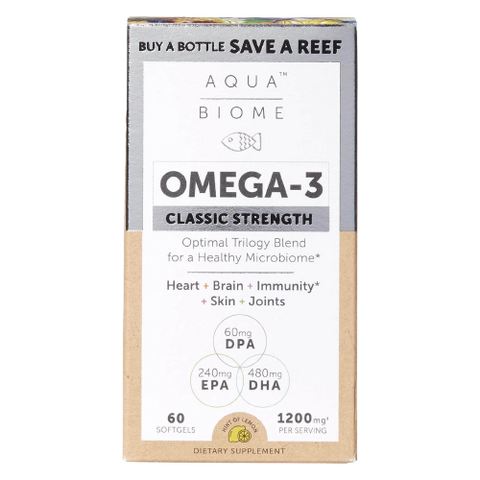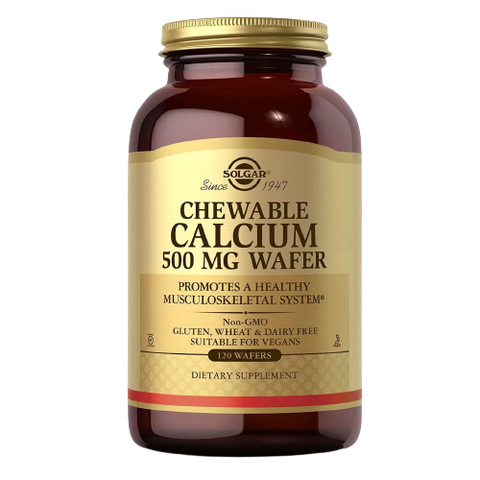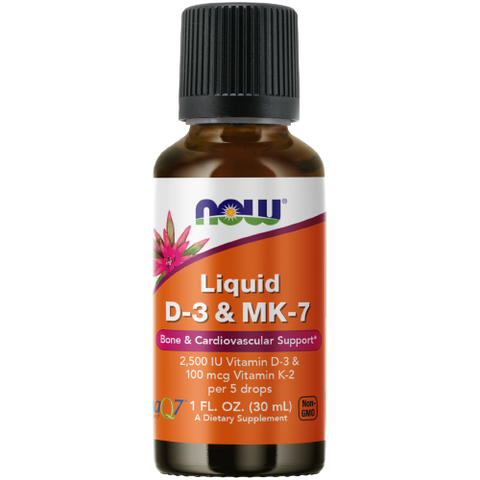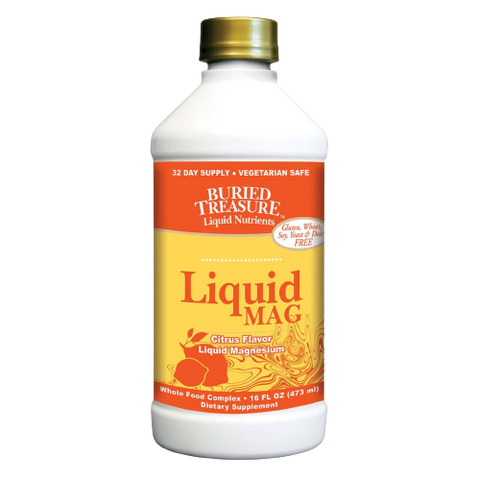It's World Osteoporosis Day and at DailyVita where passionate about keeping your bones and joints healthy! Our bones and joints are the framework that supports our entire being and allow us to make the most of our daily activities. We should take care of it, in order for it to take care of us.
Studies have found that from about age 40, our bone mass deteriorates by 1% every year as a result of aging, inactivity, and nutritional deficiencies [1].
Luckily, there is an upside! A healthy, active lifestyle combined with a couple of essential vitamins and minerals can make a big difference in the quality of your bones. Let's break it down! (The lifestyle, not the bones, haha).
Move your body, daily!
Regular physical activity is essential for maintaining strong bones and healthy joints. Whether you to choose to walk, jog, dance or gym - regular movement will strengthen your bones. Several studies have shown the positive impact that strength training can have in reversing bone loss. Physical activities that tug and push on bone, such as walking, running or strength training, can activate bone-forming cells, resulting in stronger, denser bones in the long run [1].
Eat a healthy, balanced, whole-foods diet:
We are what we eat and our dietary choices have an enormous impact on the health of our bones and joints. However, even with consuming a healthy diet, we don’t get as much nutrient-value from foods and fresh produce as we would like, due to poor gut-health and unsustainable agricultural practices leading to nutrient-poor soil and other factors [2,3]. As a result supplementation as part of a healthy diet becomes essential.
Ensure that firstly your diet, and secondly your supplementation regime includes some of the essential nutrients mentioned below:
a) Calcium:
Calcium is an important mineral for bone formation and maintaining healthy bones and teeth, but it is not formed in the body - it is only absorbed from the food we eat. Dairy products are some of the most calcium-rich food sources. Other calcium-rich food sources include dark leafy greens, soft-bone fish, tofu and calcium-fortified foods. When supplementing, our bodies do not absorb all the calcium we take and it is therefore advised that calcium supplements be taken in doses less than 500mg. [4,5]
b) Vitamin D:
If you are taking calcium, you have to also supplement with vitamin D, since vitamin D is required for calcium absorption. Spending time outside in the sun is a fantastic way to naturally up your body’s vitamin D levels. Additionally, consuming fatty fish, pasture raised eggs, and fortified dairy products may also contribute to an increase in Vitamin D levels. Vitamin D supplements may be necessary if you are deficient. Recent studies suggests that everybody from age 5 needs at least 1000 IU vitamin D per day for healthy bones and teeth [5,6].
c) Magnesium:
Magnesium is a mineral that is responsible for and involved in a magnitude of reactions and processes in the body and it helps calcium in bone formation. A higher magnesium intake has also been associated with a higher bone mineral density. [7]
As always, our ideal approach is ‘food first’. So, start off by including spinach, almonds, legumes, whole grains and the occasional piece of dark chocolate into your diet [8]. Unfortunately, more that 70% of Americans are found to be magnesium deficient, and supplementation is therefore not a bad idea if you want to take good care of your bone and joint health [7].
d) Vitamin C:
Vitamin C plays a role in the maintenance of healthy gums and bones, as well as the in the process of collagen production, which in turn forms the foundation for bone mineralization in body [8]. Collagen is the most abundant protein that exists in the human body and provides strength to bones and joints [9]. Vitamin C rich foods include citrus fruits, berries, bell peppers, and tomatoes [10]. However, being water-soluble, vitamin C gets flushed out of the body easily and deficiency can easily occur. Supplementing with vitamin C is therefore not a bad idea.
Omega-3 fatty acids have anti-inflammatory properties and may reduce joint pain and stiffness [11]. Food sources rich in omega-3 fatty acids include fatty fish such as salmon, mackerel, and sardines and plant-based sources include flaxseeds, chia seeds, and walnuts [12]. When supplementing with omega-3 the RDA is 250mg of combined Omega-3 EPA and DHA. However, studies have shown a positive correlation between an increase in the daily dose of Omega-3 DHA and EPA, up to 2700 mg, and the reduction of inflammation from arthritis, as well as joint pain and stiffness [11].

Taking care of your bones and joints is essential for maintaining an active and fulfilling life. Do this by exercising regularly, eating a well-balanced diet rich in calcium, vitamin D, and other vital nutrients. Also be sure to protect your joints from injuries by maintaining a healthy body weight.
Happy World Osteoporosis Day!




